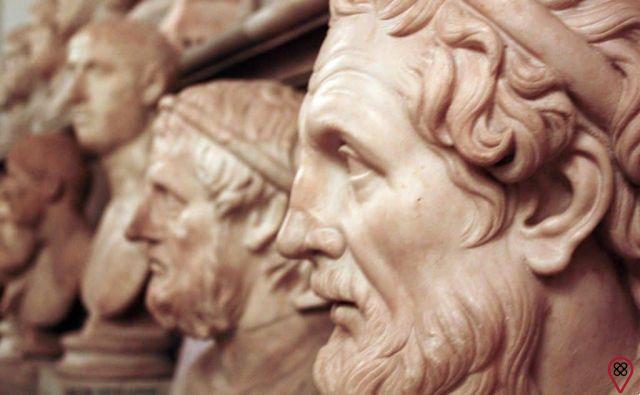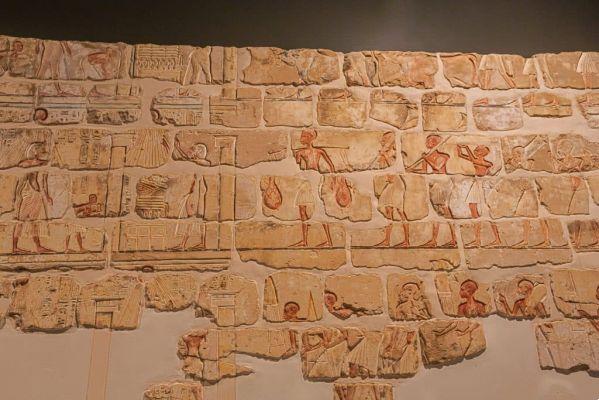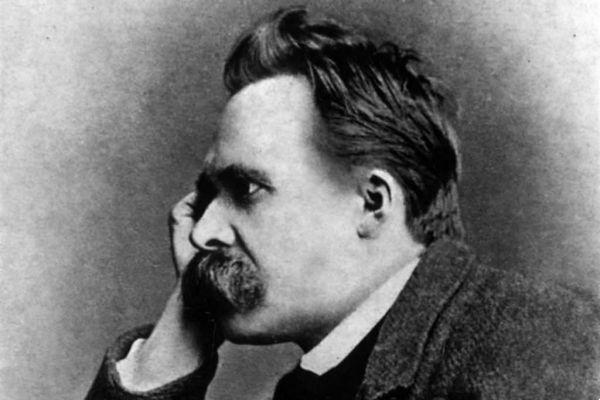Have you ever heard of peripatetic philosophy? Have you read or heard someone talk about it? No? Then you need to read this article! In it you will learn that peripatetic philosophy is a teaching method created by the Greek philosopher Aristotle and means “to teach by walking”. Before, however, we ask you to read the meaning of the terms: “maieutics” and “scholasticism”, they will help you to better understand the subject. Good reading!
“Maieutics”

The term maieutics is a creation of the Greek philosopher Socrates (470-469 BC) which means “to give birth”, “to come into the world”, or even “that which is at the center”. As the son of a midwife, Socrates observed
how the woman gave birth. Later, when he became a teacher, he began to apply the parturient method in his classes. He said that “Philosophy teaches us to give birth from above, with the head”. In this way, maieutics is one of Socrates' legacies for Western civilization.
"Scholasticism"

Scholasticism is a term used to explain a period of philosophy from the Middle Ages and means "school". During this period, the Church as the holder of knowledge, built schools, universities, aiming to train priests for its staff. In other words, it was the appearance of the school as an institution and no longer of the school as an idea, as it was in the ancient period. Saint Thomas Aquinas (1225-1274), because of his extraordinary intelligence, is the great thinker of scholasticism. Thus, when talking about Scholasticism, always remember the author of the “Suma Theologica”.
You may also like
- Do we use philosophy correctly? Understand!
- Know what is Waldorf Pedagogy
- Who are philosophers and what do they do? Find out here!
“Peripatetic Philosophy”

Peripatetic philosophy comes from the term “peripath” which means “to teach by walking”. This philosophy was created by Aristotle (384-322 BC), certainly hearing Plato talk about Socratic maieutics, the way Socrates taught young Athenians to think. From there, Aristotle “perfected” the term and began to use it as a method to teach about logic, physics, metaphysics, while walking through the gardens, fields, squares of ancient Greece. Therefore peripatetic philosophy is a teaching method, where the teacher goes ahead, as a guide, leading the student to reflect on various topics, such as death, sin, politics, ethics, etc.
Jesus Christ also used Peripatetic philosophy to teach the people and his disciples. According to the evangelist Matthew (4:23), “And Jesus went about all Galilee, teaching in the synagogues, preaching the gospel of the kingdom, and curing every sickness and disease among the people.”
In the Middle Ages, Peripatetic philosophy was also used by the Church to spread Christianity and increase its economic and spiritual power among peoples and nations. In this aspect, Scholasticism played an important role, bringing scientific and popular knowledge closer together.
Far from its founder as a content, closer as a method, today the Peripatetic philosophy can be found in museums, theaters on the occasion of exhibitions, technical visits, etc. Its importance lies in the fact of the “democratization of knowledge”. It is a form of “equal opportunity”. In Peripatetic philosophy, everyone knows what everyone knows, that is, knowledge is for everyone!!!

























